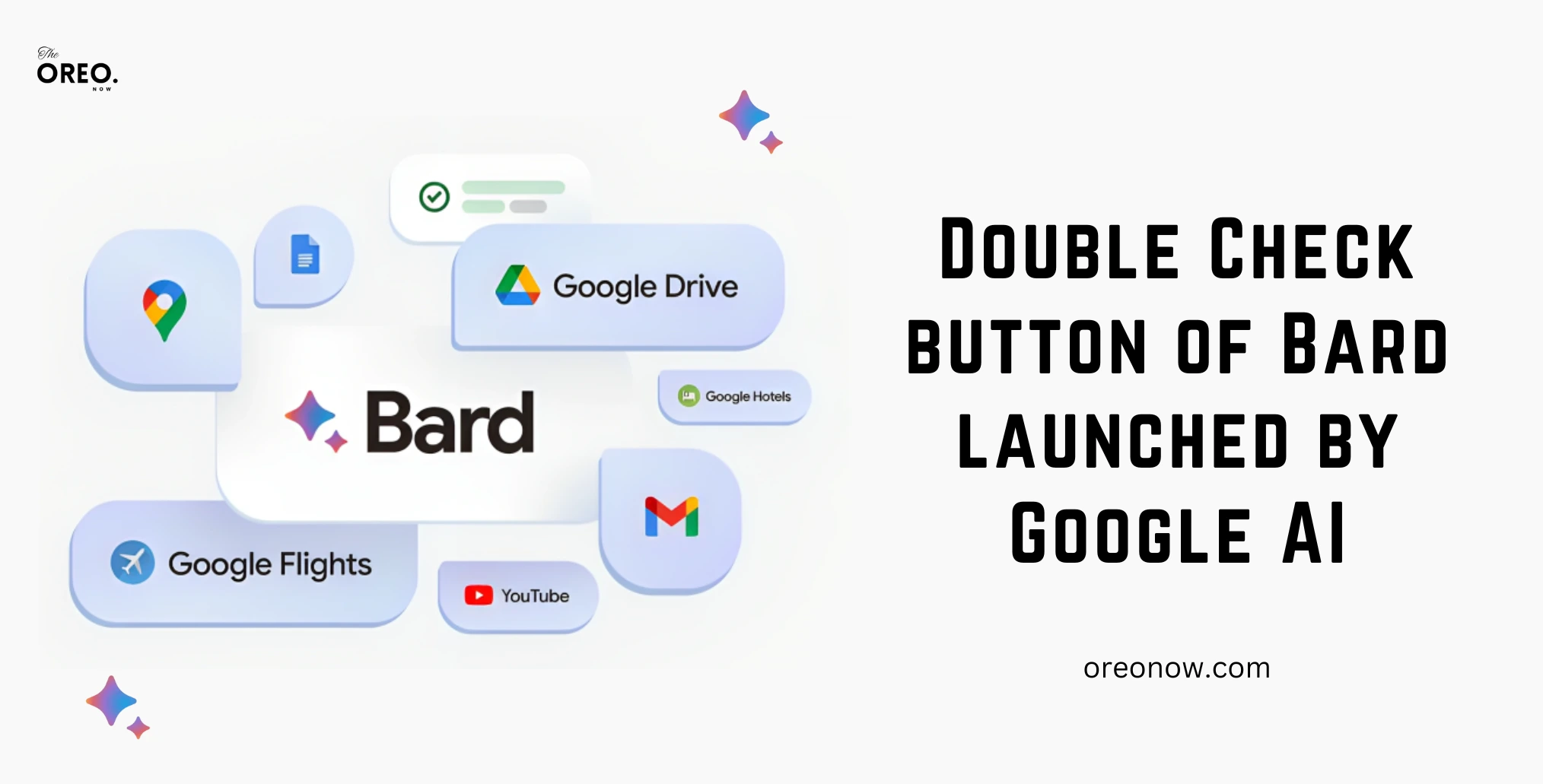AI Patients: The Future of Medical Simulation?
AI is making medical simulation more realistic, accurate, and reliable. AI-powered patients can simulate a wider range of patient conditions than traditional methods, like mannequins and standardized patients. This makes it easier for healthcare professionals to practice their skills in a variety of situations.
AI-powered tools for patients: AI-powered tools offer patients round-the-clock access to healthcare information and support, assisting them in managing chronic conditions and providing personalized treatment plans. As AI technology advances, these tools will become more sophisticated, enabling even more personalized and beneficial care for patients.
3D printing and AI in healthcare: 3D printing is utilized to produce lifelike models of human organs and tissues, benefiting nurses by improving their understanding of the human body and allowing them to practice in a safe, realistic environment. As AI technology advances, 3D printing will become more precise, enabling the creation of even more realistic organ and tissue models. This progress will further enhance nurses’ skills and enable them to provide better patient care in a highly realistic setting.
Key points-
- A simulation center helps nurses in rural hospitals improve their skills and stay in their jobs.
- Fake patients created by AI mimic challenging emergencies for nurses to practice on.
- A 3-D printer at the center produces body parts that nurses can use for learning purposes.
How AI-powered patients are being used in medical simulation today?
Let us explore how AI is impacting medical diagnostics in today’s world
- The University of Pittsburgh Medical Center (UPMC) is using AI-powered patients to train residents in emergency medicine. The patients are programmed with a variety of different medical conditions, including heart attack, stroke, and trauma. They can respond to the residents’ treatment decisions in real time, providing feedback on the residents’ clinical reasoning and decision-making skills.
- The Mayo Clinic is using AI-powered patients to train surgeons in operating room procedures. The patients are programmed with different body types and organ systems, including different blood types, allergies, and sensitivities. They can provide surgeons with feedback on their technique, as well as on their communication and teamwork skills.
- The University of California, San Francisco (UCSF) is using AI-powered patients to train nurses in communication and teamwork. The patients are programmed to simulate different patient scenarios, including those involving patients with complex medical needs or those who are critically ill. Nurses must work together to provide the best possible care to these patients, and AI-powered patients provide feedback on the nurses’ communication and teamwork skills.
How AI is transforming medicine?
Artificial intelligence (AI) is quickly changing the landscape of medicine and has the potential to revolutionize how we diagnose, treat, and prevent illnesses. Here are some ways AI is transforming medicine today:
- Diagnosis: AI is helping doctors by creating new diagnostic tools that can detect diseases earlier and with greater accuracy. For instance, AI-powered algorithms can analyze medical images like X-rays and MRI scans to spot signs of cancer or other ailments.
- Treatment: AI is playing a role in developing new treatments for diseases and personalizing existing treatments for individual patients. By analyzing a patient’s genetic data, AI-powered algorithms can identify potential drug targets and predict how a patient will respond to specific treatments.
- Prevention: AI is being utilized to find innovative ways to prevent diseases. For instance, it can identify individuals at high risk for a particular disease and provide interventions to lower their risk. By analyzing a patient’s lifestyle factors, like diet and exercise, AI can identify those at risk for conditions like heart disease or stroke.
- Healthcare administration: AI is enhancing the efficiency and effectiveness of healthcare administration. For example, AI-powered algorithms can automate tasks such as scheduling appointments and managing patient records, streamlining administrative processes.
How AI is changing medical practice?
Artificial intelligence (AI) is changing how doctors and healthcare workers work in the real world.
One way is through AI-powered chatbots that help patients by giving them healthcare information and support all day, every day. These chatbots can answer questions about symptoms, share details about medications, and connect patients with doctors or other healthcare providers.
AI is also helping create new drugs and treatments for diseases. Special AI algorithms can look at lots of genetic and medical data to find possible drug targets and design new drugs that work better and have fewer side effects than current ones.
Another exciting use of AI is in developing surgical robots. These robots can do complex surgeries with more accuracy and precision than human surgeons. They can even help train surgeons in new techniques.
AI is still growing, but it has the power to revolutionize medicine. As AI technology keeps getting better, it’s likely to have an even bigger impact on how we diagnose, treat, and prevent diseases in the future.

Image Credit: https://www.healthysimulation.com/laerdal/anne-simulator/
What is the advantage of AI in medical diagnosis?
Artificial intelligence in disease diagnosis provides revolutionary benefits, including exceptional accuracy, rapid data processing for quicker treatment decisions, and personalized healthcare approaches. This potential to transform healthcare not only benefits patients but also empowers healthcare professionals to make well-informed decisions.
- Earlier diagnosis and treatment: AI-powered algorithms can analyze large datasets of medical data to identify patterns that may indicate the presence of a disease. This can lead to earlier diagnosis and treatment, which can improve patient outcomes.
- More personalized treatment: AI can be used to personalize treatment plans for individual patients. This is because AI can take into account a patient’s individual medical history, genetic data, and lifestyle factors.
- Improved efficiency and effectiveness: AI can be used to automate tasks in healthcare, such as scheduling appointments and managing patient records. This can free up healthcare professionals to focus on providing care to patients.
- Reduced costs: AI can help to reduce the cost of healthcare by automating tasks and providing more personalized treatment.
How AI is being used in medical diagnosis today:
- AI-powered image analysis: AI-powered algorithms can be used to analyze medical images, such as X-rays and MRI scans, to identify signs of cancer or other diseases. For example, Google AI has developed an AI-powered algorithm that can detect diabetic retinopathy, a leading cause of blindness, with 90% accuracy.
- AI-powered clinical decision support: AI-powered algorithms can be used to provide healthcare professionals with real-time clinical decision support. This can help professionals to make better decisions about patient care. For example, IBM Watson Oncology is an AI-powered system that can help oncologists to make treatment decisions for cancer patients.
- AI-powered chatbots: AI-powered chatbots can be used to answer patients’ questions about their symptoms, provide information about medications, and even connect patients with doctors or other healthcare providers. For example, Babylon Health is an AI-powered chatbot that can provide patients with 24/7 access to healthcare information and support.
Conclusion
AI is making a big difference in medicine. It’s being used to make diagnosing, treating, and preventing diseases better. As AI gets better, it will likely change how we give healthcare in the future.
The good things about AI in medicine include finding problems sooner and giving personalized treatments. It can also make healthcare work faster and save money. But there are also challenges like getting the right answers, being fair, and keeping information private. Still, the good things about AI in medicine are more important than the challenges.
Must Read: Can your original content falsely be denounced as AI now?



